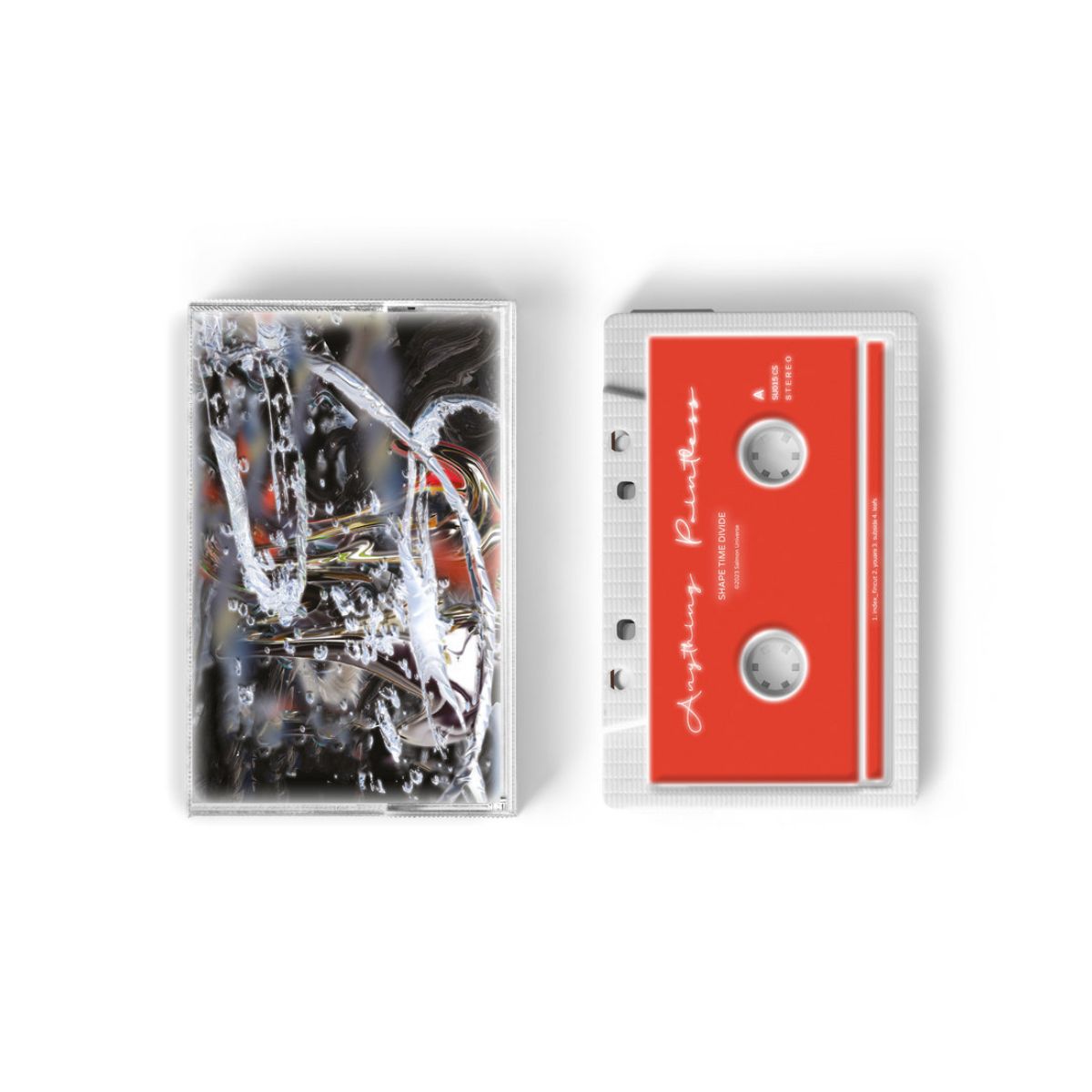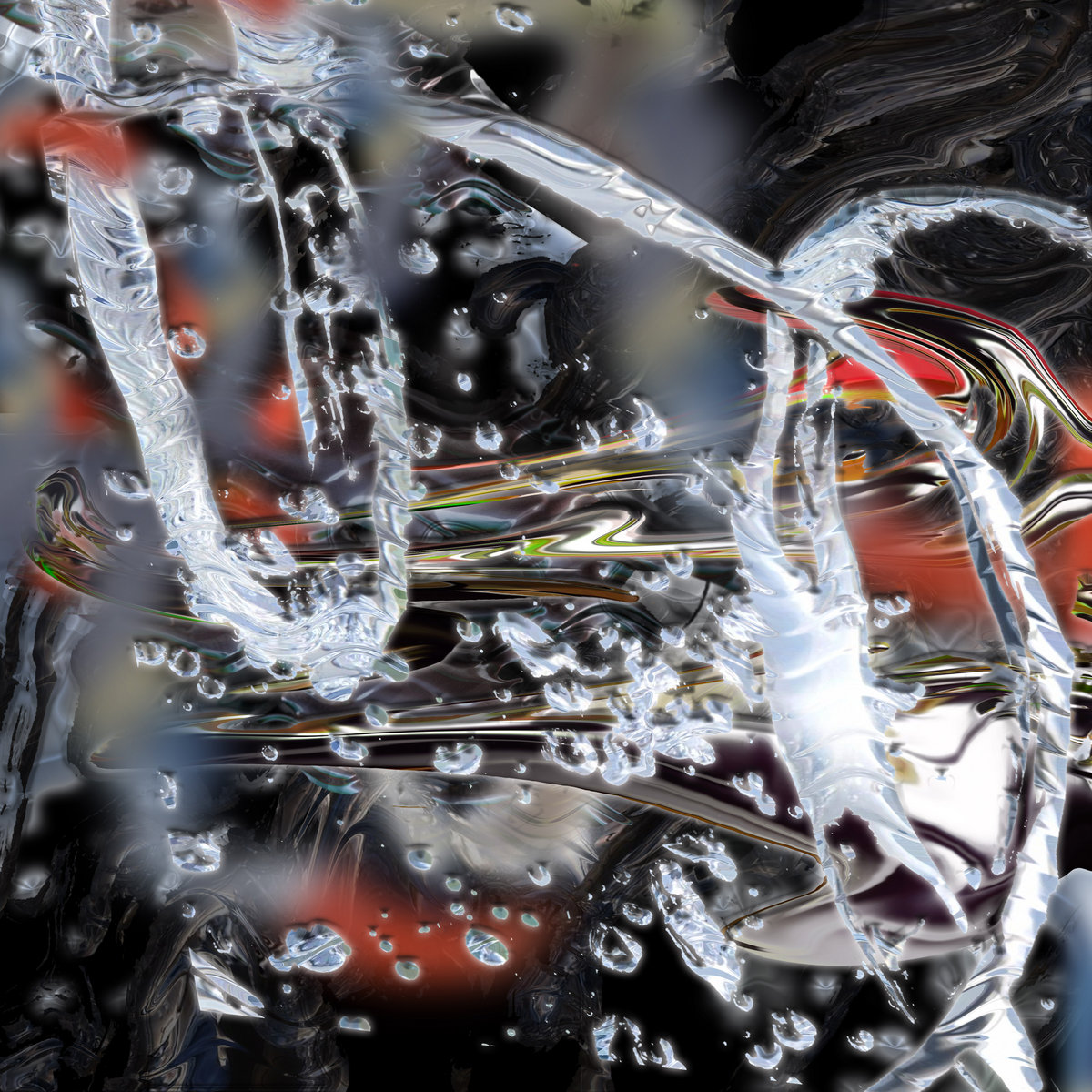no products in the cart
0


An expansive and uncompromising series of bright and glassy sound-art landscapes, Anything Pointless' "Shape Time Divide" utilizes granular technology to expand, stretch, and move digital air. Like many intriguing artists, just when you feel you might understand the process, it takes new and unexpected turns. Often using a single sound or 'real' instrument as a starting point, recognizable sounds such as saxophone, violin, and voice drift in and out of view.
Conceptually, the album revolves around time. Anything Pointless explains, “Time doesn't change. You can't go back, or forward, or speed it up, and yet music is essentially that—shaping time and dividing it.”
The album was made at his home in London, with Tim Hecker’s "Konoyo" as a main inspiration. He sought a new way to compose, with a completely new creative process. Mainly focused on sample processing and recording, this time he made use of Max patches and modular synths, whereas his earlier work was more driven by digital synths, VSTs, and MIDI.
The process involved recording acoustic sounds (representing the past) and processing them (alluding to the future). “It also involves perception, especially how everyone perceives time, sound, reality, and therefore themselves.”
€13,00
only 2 left


An expansive and uncompromising series of bright and glassy sound-art landscapes, Anything Pointless' "Shape Time Divide" utilizes granular technology to expand, stretch, and move digital air. Like many intriguing artists, just when you feel you might understand the process, it takes new and unexpected turns. Often using a single sound or 'real' instrument as a starting point, recognizable sounds such as saxophone, violin, and voice drift in and out of view.
Conceptually, the album revolves around time. Anything Pointless explains, “Time doesn't change. You can't go back, or forward, or speed it up, and yet music is essentially that—shaping time and dividing it.”
The album was made at his home in London, with Tim Hecker’s "Konoyo" as a main inspiration. He sought a new way to compose, with a completely new creative process. Mainly focused on sample processing and recording, this time he made use of Max patches and modular synths, whereas his earlier work was more driven by digital synths, VSTs, and MIDI.
The process involved recording acoustic sounds (representing the past) and processing them (alluding to the future). “It also involves perception, especially how everyone perceives time, sound, reality, and therefore themselves.”


we write about records, events, and other small discoveries.

